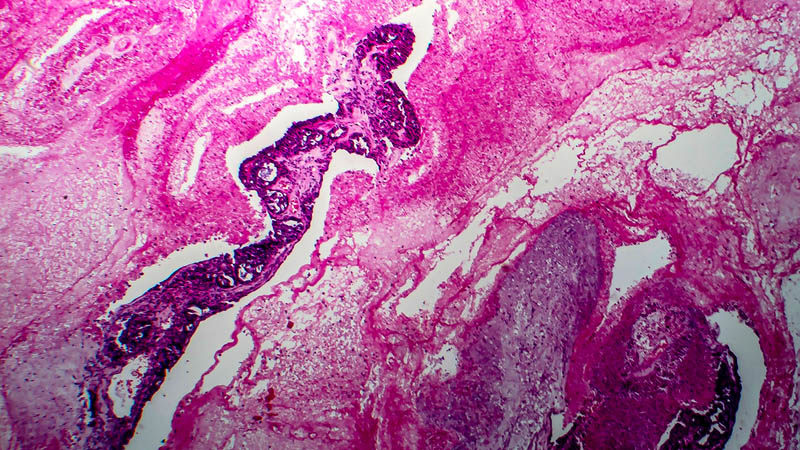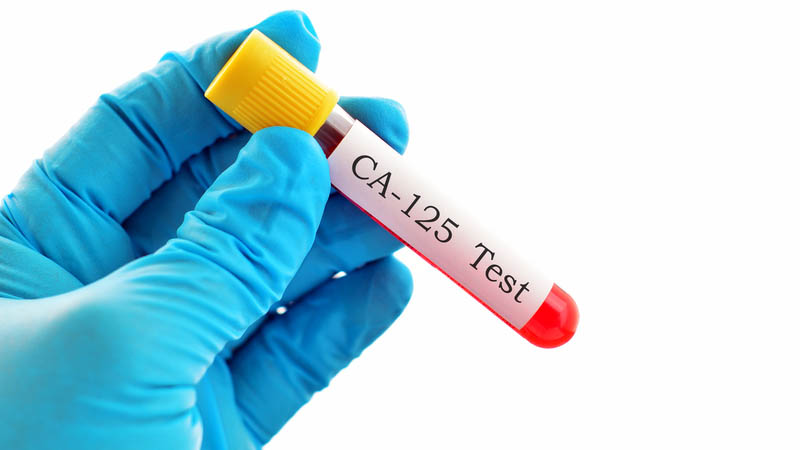Diagnostic utility of p16INK4a and Ki-67 immunohistochemistry in cervical biopsy specimens in women with ASCUS cytology
 Affiliacja i adres do korespondencji
Affiliacja i adres do korespondencjiObjectives: The aim of the study was to evaluate the usefulness of p16 and Ki-67 immunohistochemistry in women diagnosed with ASCUS in follow-up colposcopy with histology. The relationship between the accuracy of p16, Ki-67 and HR HPV DNA testing as biomarkers of cervical intraepithelial neoplasia was evaluated. Material and methods: 272 women with cytological diagnosis of ASCUS underwent colposcopy and cervical biopsy. Sections were processed for immunohistochemistry with mouse anti-human p16 and anti-Ki-67 monoclonal antibodies. The HPV test was performed in these patients without knowledge of cytology results. Results: Histopathology revealed 143 patients diagnosed with CIN1, 24 as CIN2 and 34 as CIN3. The HR HPV test was positive in 127 cases (70 CIN1, 24 CIN2 and 33 CIN3 patients). p16 positivity was present in 68 cases of CIN1 and HR HPV positive, in 24 CIN2 and HR HPV positive and in 33 of CIN3 HR HPV positive patients. Ki-67 positivity was present in 69 CIN1, 24 CIN2 and 34 CIN3 cases. The sensitivity of the HR HPV test, colposcopy, p16 and Ki-67 was high. The highest specificity was reported for the HR HPV test. Conclusions: Our data show that a combined use of p16INK4a and Ki-67 helps to distinguish true dysplastic transformation from its benign mimics and determine the severity of dysplasia in doubtful cases. The use of both biomarkers may result in better management of women with ASCUS cytology followed by histopathology.









